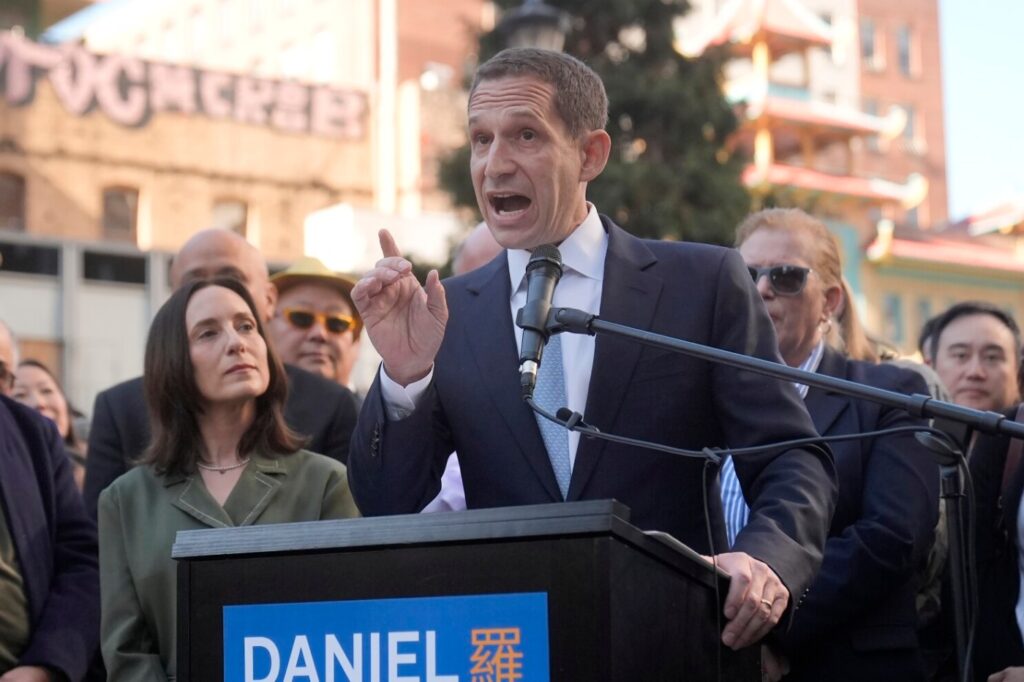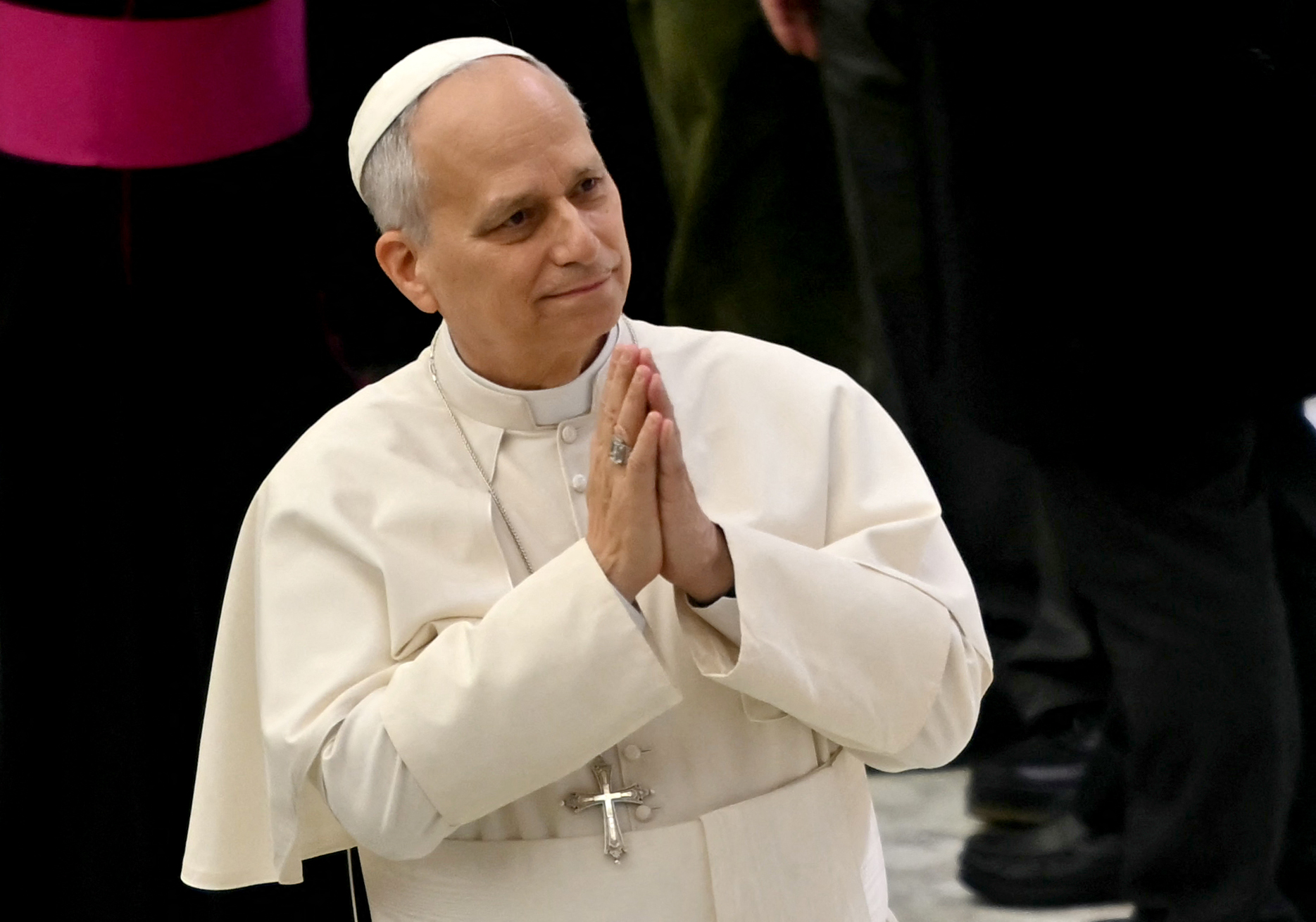
San Francisco’s Mayor, Daniel Lurie, announced on Thursday that plans for the federal deployment of immigration officers in the city have been cancelled. During a conversation with President Donald Trump, Lurie expressed concerns that such a deployment would not reduce crime but instead lead to “chaos and violence.”
In a statement following his discussion with the president on the evening of March 6, Lurie emphasized the city’s ongoing recovery. “San Francisco is on the rise. Visitors are coming back, buildings are getting leased and purchased, and workers are returning to the office,” he said. He highlighted the importance of partnerships with federal agencies such as the FBI, DEA, and ATF to tackle drug-related issues, stating that military presence would hinder these efforts.
Lurie reported that Trump confirmed he was calling off any plans for the deployment during their conversation. Secretary of Homeland Security Kristi Noem reaffirmed this decision in a follow-up discussion with Lurie. “My team will continue to monitor the situation closely, and our city remains prepared for any scenario,” he added.
The president acknowledged the conversation in a post on Truth Social, stating that Lurie was making “substantial progress” on crime in the area. The deployment, initially announced earlier in March, was intended to assist in tracking individuals living in the United States illegally. Reports indicated that more than 100 Customs and Border Protection agents had arrived in Alameda on the same day as Lurie’s announcement.
Lurie has been vocal about the negative impacts of aggressive immigration enforcement on communities. He noted on social media that San Francisco had been preparing for a federal deployment for months and had already witnessed the detrimental effects of such tactics. “These tactics are designed to incite backlash, chaos, and violence,” he remarked, criticizing the rationale behind military deployments.
In response to the potential federal actions, Lurie signed an executive directive on March 5 aimed at increasing support for the city’s immigrant communities. He stated, “While we cannot control the federal government, here in San Francisco, we define who we are. We stick to our values.”
Californian Governor Gavin Newsom also expressed his disapproval of the federal plans, describing them as “right out of the dictator’s handbook” on social media. His comments reflect a broader concern regarding the implications of militarized immigration enforcement in urban areas.
As the situation evolves, Lurie and other city officials remain committed to maintaining San Francisco’s identity as a welcoming environment for all communities. The cancellation of the federal troop deployment marks a significant moment in the ongoing dialogue about immigration policy and local governance.





